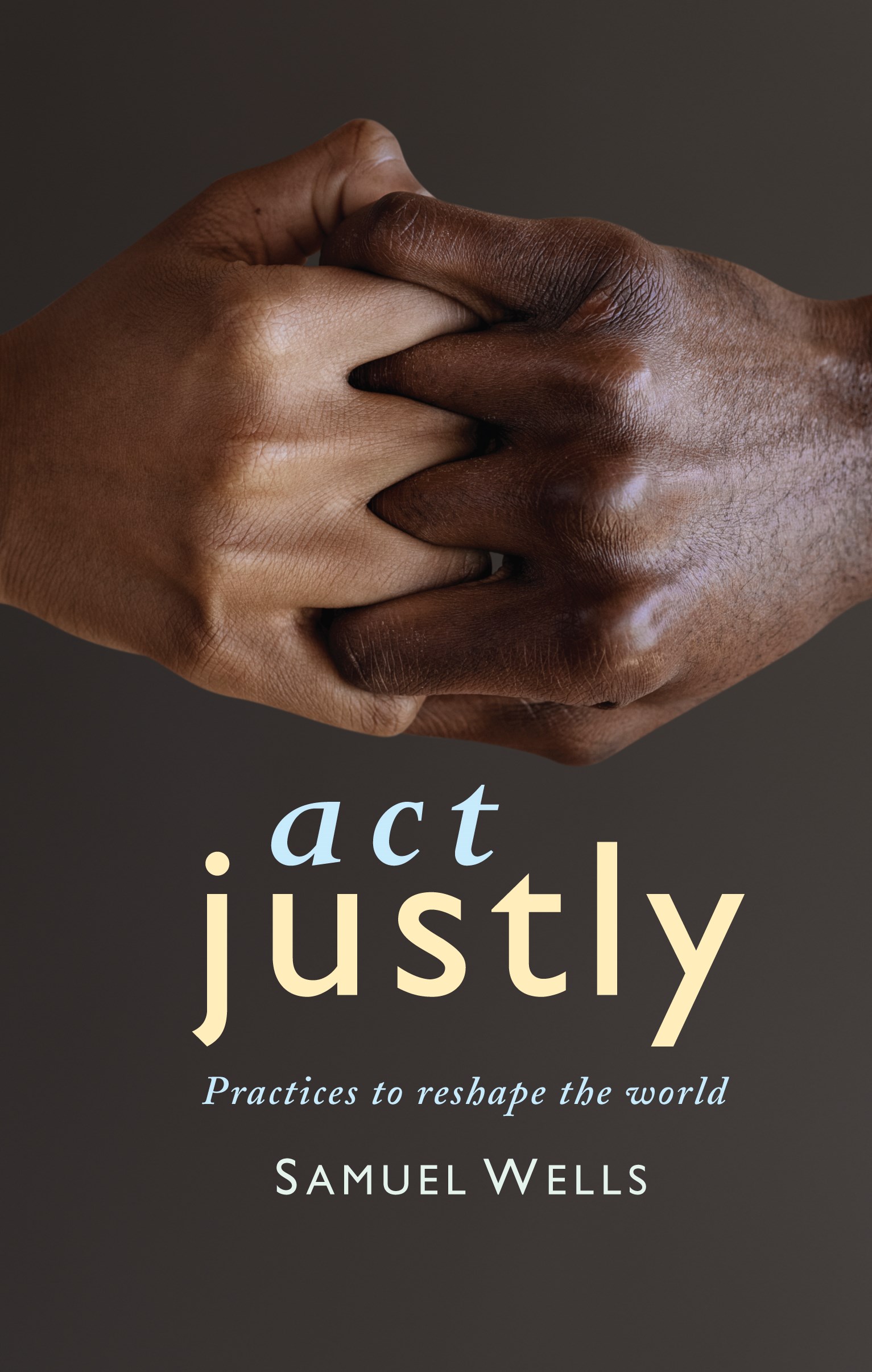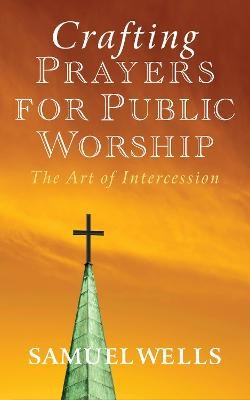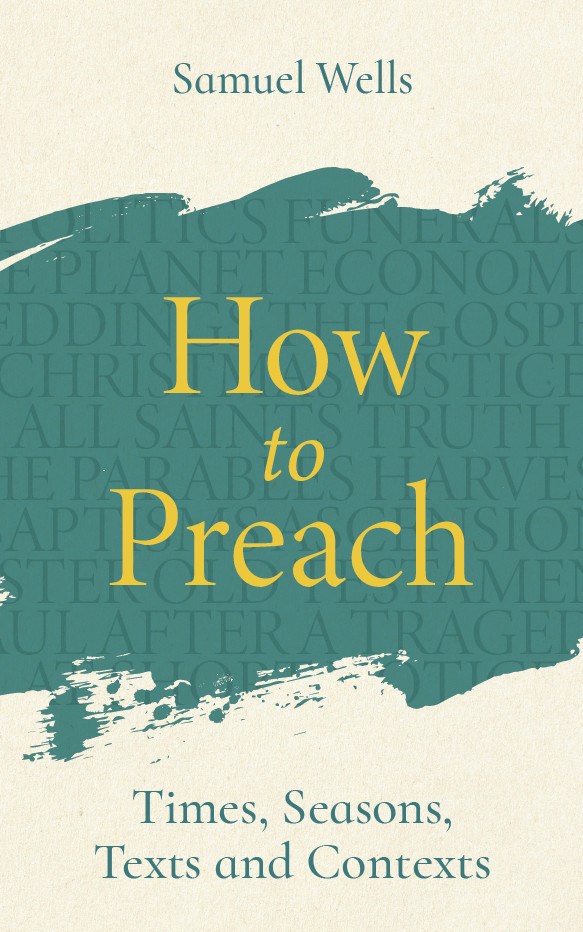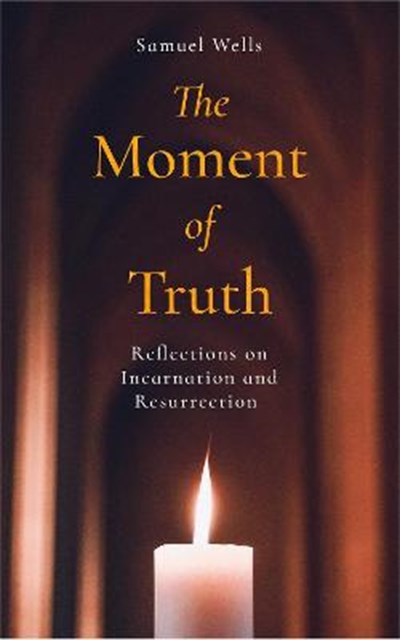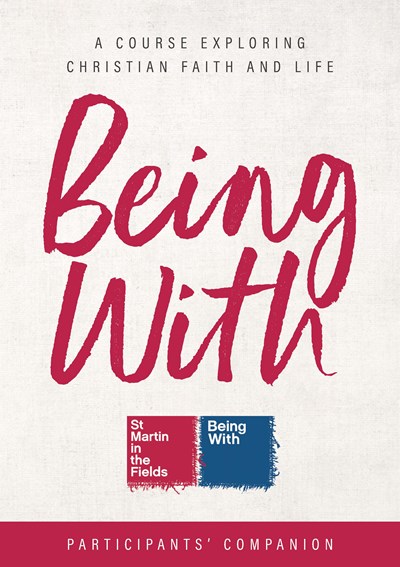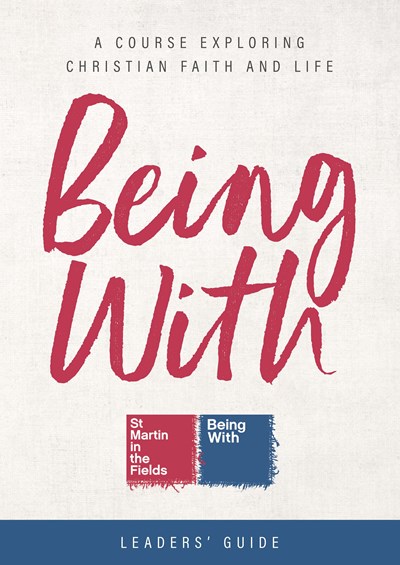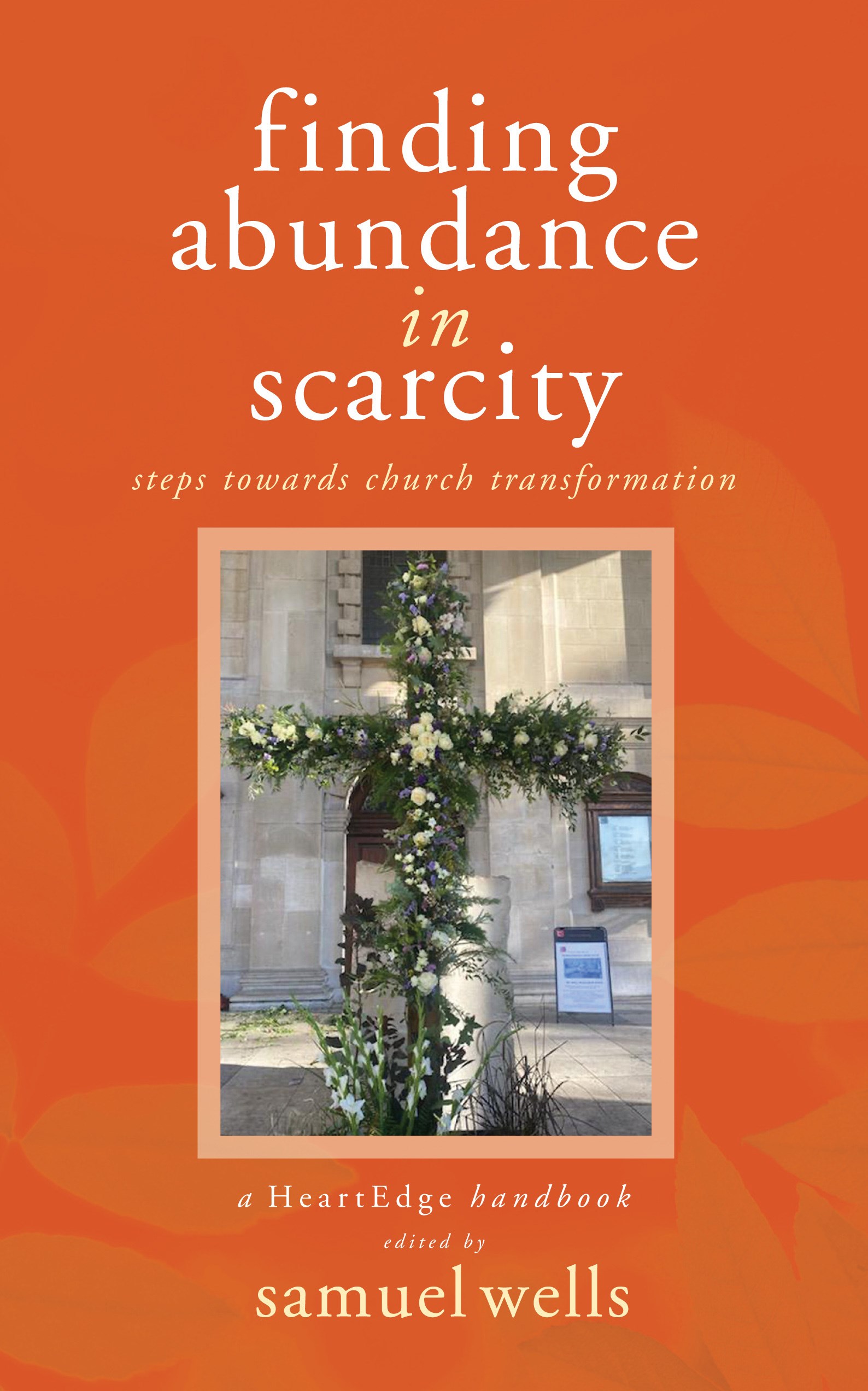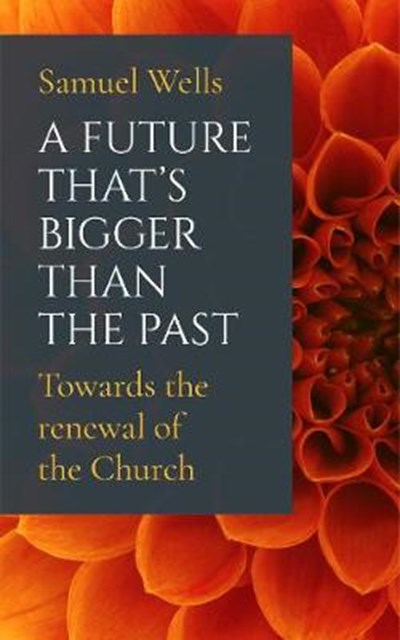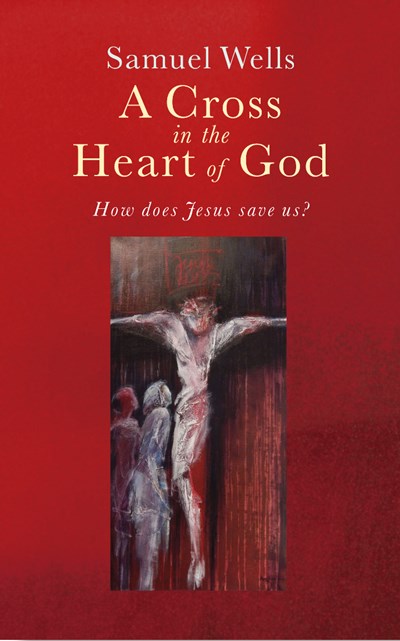It is often claimed that local churches provide a significant proportion of social care today. This important new study considers the reality of the church’s involvement to offer compelling and concrete recommendations for the future.
It proposes a transformational model of welfare that breaks free from the default approach of `eradicating the five giant evils – squalor, ignorance, want, idleness, and disease’.
Instead the authors focus on fostering five assets – relationship, creativity, partnership, compassion, and joy – and empowering people to regain control of their lives.
With bold and innovative practical recommendations for churches, civil society and public policy, and compelling theological reflection on welfare and poverty, this is essential reading for anyone interested in the church’s contribution to society.

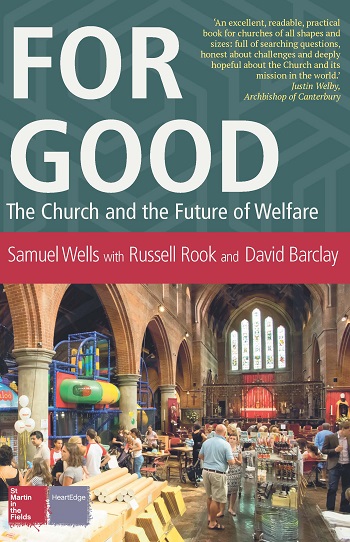
 Back
Back
